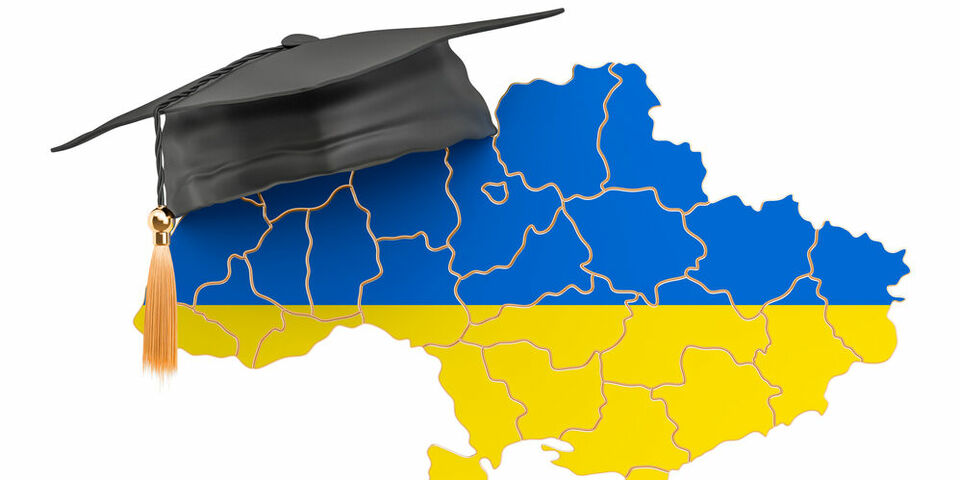Higher education institutions have for a long time been asking the government to clarify the situation over tuition fees and potential student financing for students from Ukraine. At the end of last month, the government promised to provide more clarity “soon”.
The universities are not willing to wait for that and have today taken a decision on the amount of the tuition fees “so as to avoid unacceptable situations”.
Tuition fees
Students from outside the European Economic Area normally pay the high institutional tuition fees. The 14 Dutch universities are making an exception for students from Ukraine because of the war with Russia. That means that these students will pay the much lower statutory tuition fees of 2,209 euros for the 2022-2023 academic year.
The universities will apply this in practice in various ways: in some cases the statutory tuition fees will be required up front and in other cases the difference with respect to the institutional tuition fees will be compensated from a fund.
“The new academic year is approaching fast”, says UNL President Pieter Duisenberg, explaining the decision. “It’s essential that prospective students who have fled Ukraine know where they stand, especially as they have rather an uncertain future.”
Not enough
But the students need more than merely a reduction in tuition fees, UNL warns. They currently have no entitlement to student financing. So the universities are asking the government to provide students from Ukraine with a living expenses allowance. At the moment, the students can turn to university emergency funds but such assistance is in fact “not the universities’ responsibility”.
The universities of applied sciences are still debating the amount of the tuition fees. They expect to take a decision at the end of this week.


Discussion